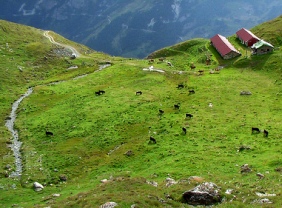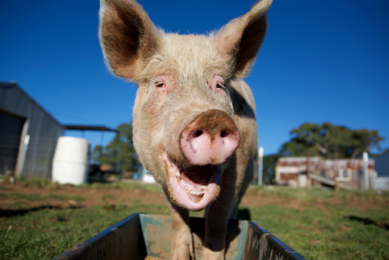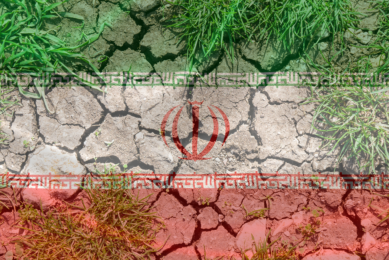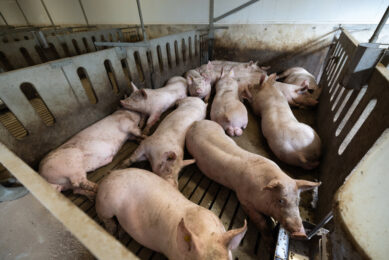EU: Options for reform of Common Agricultural Policy

Three options The European commission focuses on to revamp the EU’s agricultural policy for a secure food supply, sustainable agriculture, a better environment and rural development.
The common agricultural policy (CAP) has evolved through the years, but further reform is needed to help European farming meet the market’s changing needs and weather the economic crisis.
Farmers also play a key role by tending their land in an environmentally friendly way and providing consumers with quality food at fair prices.
This role fully justifies the direct support farmers receive from the EU, which the commission is now looking to fine-tune.
The main objectives of future reform, identified through consultations with EU governments and institutions, farmers and the public, are a safe and sufficient food supply, the sustainable management of natural resources, and the balanced development of rural areas.
Based on the feedback, the commission is proposing three broad policy options to meet these goals after 2013. All seek to make CAP more equitable, efficient and effective.
Direct support to farmers
Options to reform the system of direct payments to farmers range from fairer distribution among EU countries, to introducing variable compensation based on their actions to protect the environment, among other factors.
Less market intervention
Market intervention measures have been reduced from 92% of the CAP’s budget in 1991 to only 5% this year but the commission, with public backing, is considering further simplifying this traditional tool in order to improve the functioning of the food chain from farm to fork.
Rural development
Reform to rural development programmes could include more funding for projects related to climate change, water, biodiversity, renewable energy and innovation. Another option would narrow the focus to just climate change and the environment.
Debate on these options is now under way, and will include further public consultation on the suggested approaches.
These results, along with an assessment of the impact of the different options, will feed into proposals for legislation, which will be proposed in 2011. The proposals should come into effect in 2014.











